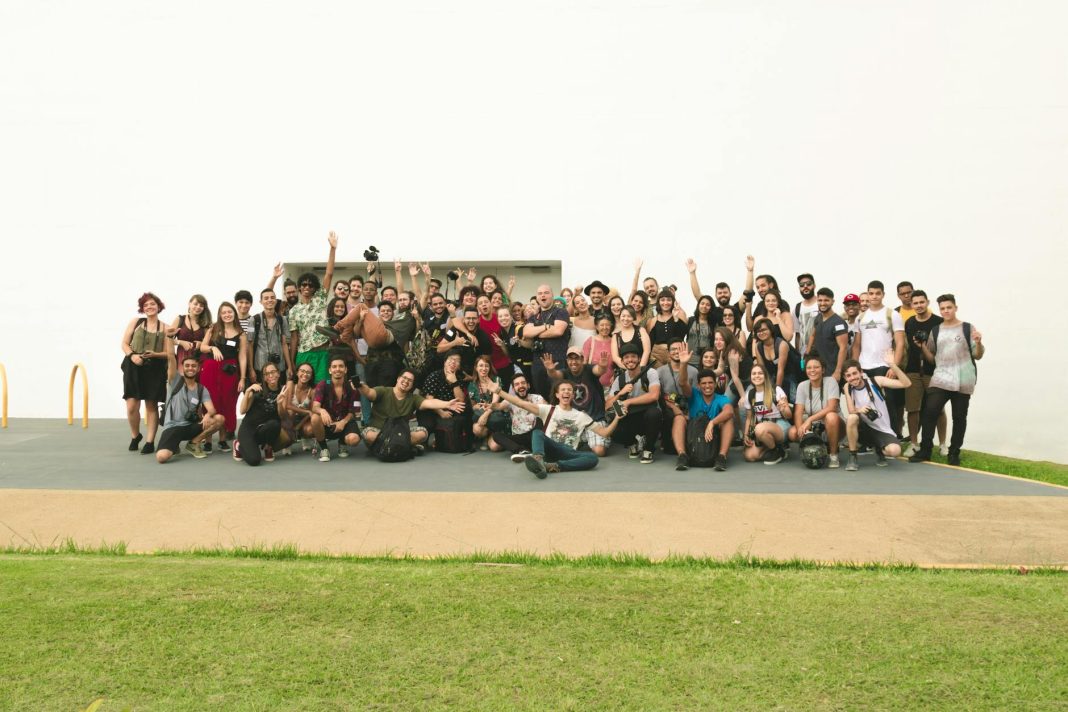So, you’re considering adoption or foster care. That’s huge. It’s a deeply personal decision, filled with love, hope, and probably a healthy dose of apprehension. This isn’t a fairy tale; it’s real life, with all its messy glory and unexpected twists. But it’s also incredibly rewarding. This guide aims to be a friendly, practical companion as you navigate this incredible journey.
The Before: Preparation and Expectations
Before you even start the paperwork, take a long, hard look at yourselves. Are you truly ready for the emotional, financial, and logistical demands? Adoption and foster care aren’t hobbies; they’re a lifestyle change. Be honest about your strengths and weaknesses. Seek counseling – it’s not a sign of weakness, but a sign of proactive strength. Discuss your expectations with your partner, family, and friends. Understand that “forever families” aren’t always instantly formed; they grow, evolve, and sometimes face challenges.
Financial Preparedness: Adoption and foster care can be expensive. From application fees and home studies to therapy sessions and specialized needs, plan a realistic budget. Don’t forget potential loss of income if one parent needs to stay home more. Explore financial assistance programs available in your area.
Emotional Preparedness: This journey is emotionally intense. There will be highs and lows, moments of pure joy and moments of heartbreaking sadness. You’ll likely experience a rollercoaster of emotions, and that’s okay. Lean on your support system, and remember to prioritize self-care. Burnout is real.
The During: Navigating the System and the Child’s Needs
The adoption or foster care process can be daunting. Be patient; it takes time. Work closely with your social worker; they’re your guide through the maze of paperwork, home studies, and court proceedings. Ask questions; don’t be afraid to advocate for yourselves and the child.
Meeting Your Child: This is a pivotal moment. Remember that children in the system often arrive with emotional baggage – trauma, loss, instability. They might be wary, withdrawn, or even act out. Don’t expect instant bonding. It takes time to build trust and connection.
Understanding Trauma: Many children in foster care or adoption have experienced trauma. This can manifest in various ways: nightmares, anxiety, aggression, attachment issues. Seek professional help – therapists specializing in trauma-informed care are invaluable. Patience, understanding, and consistency are key.
Building Attachment: This is a gradual process. Small gestures of love and affection go a long way. Establish routines and rituals that provide a sense of safety and security. Read stories together, cuddle, play games. Celebrate their successes, big and small. Focus on creating a loving, predictable environment.
The After: Building a Forever Family
Adoption and foster care are not “one and done” situations. It’s an ongoing journey of growth, adaptation, and love. The Heart's Compass: Guiding You Through Adoption and Foster Care
Sibling Relationships: If you’re adopting or fostering siblings, be mindful of their dynamics. They may have already experienced loss and separation, and preserving their bonds is crucial. Involve them in decisions about the family.
Maintaining Connections (if applicable): In some cases, maintaining contact with biological family – with appropriate safeguards and supervision – might be beneficial. This requires careful navigation and professional guidance. It’s crucial to prioritize what’s best for your adopted or foster child’s well-being.
Seeking Support: You are not alone. Join support groups for adoptive and foster parents. Connect with other families facing similar challenges. Sharing experiences and advice is invaluable. Don’t hesitate to reach out to your social worker or therapist when you need guidance.
Celebrating Milestones: Acknowledge and celebrate every milestone – big or small. Adoptive and foster children often have missed opportunities; celebrating their progress builds confidence and reinforces a sense of belonging.
Practical Tips for Bonding
- Créez un espace sûr : Designate a comfortable area where the child feels secure. This could be a cozy corner, a special bed, or a quiet reading nook.
- Établir des routines : Predictability creates stability—essential for children who have experienced instability. This includes bedtimes, mealtimes, and daily activities.
- Listen actively: Pay attention to what the child is saying (and not saying). Often, non-verbal cues reveal more than words.
- Physical affection: Hugs, cuddles, and gentle touches communicate love and affirmation. This is especially crucial for children who haven’t experienced consistent affection.
- Temps de qualité : Set aside dedicated time to interact meaningfully with the child—reading books, playing games, engaging in creative activities.
- Celebrate and acknowledge their feelings: Validate their emotions, even if they are challenging. Let them know it’s okay to feel sad, angry, or afraid.
- Soyez patient et compréhensif : Building trust and a strong bond takes time. Avoid pushing for intimacy before the child is ready.
- Seek professional help when needed: Don’t hesitate to reach out to therapists, counselors, or support groups for guidance and support.
Adoption and foster care are journeys of profound love and growth. There will be bumps in the road, but the rewards are immeasurable. Remember to celebrate the victories, lean on your support system, and never underestimate the power of your love.

